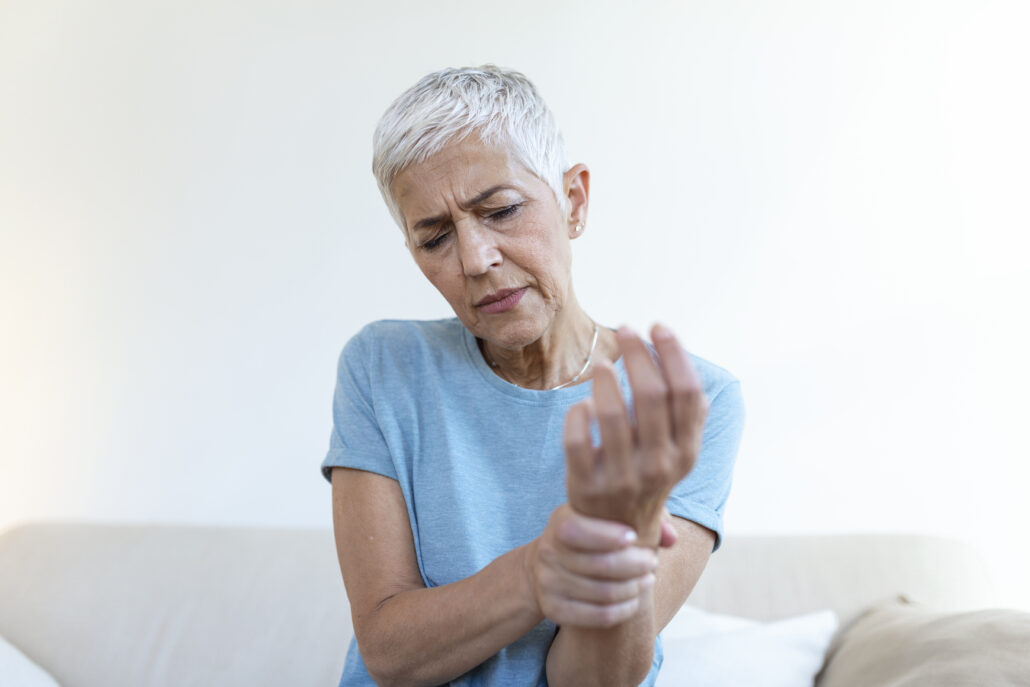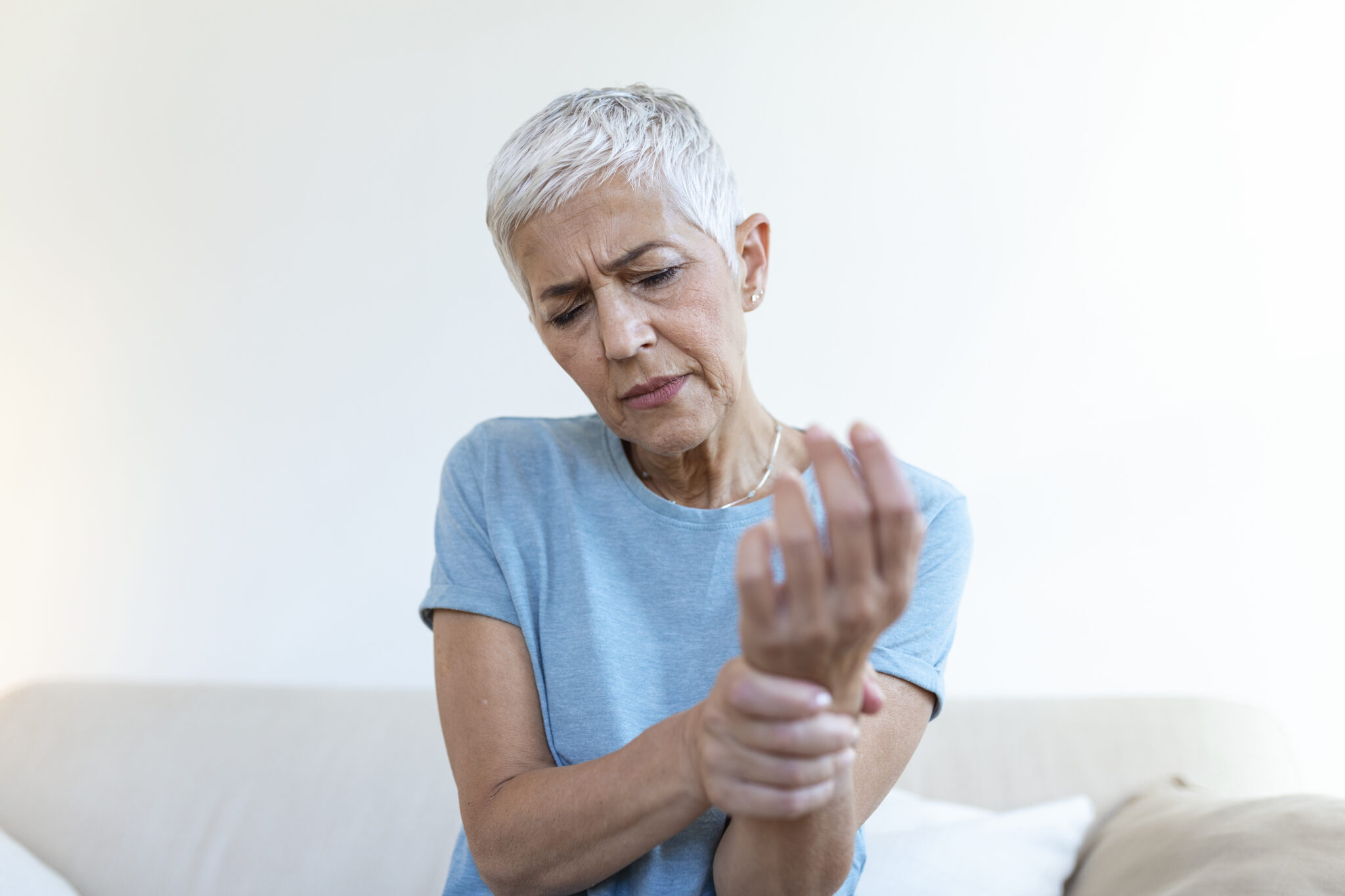Psoriatic Arthritis Research Study
Researchers at The University of Pennsylvania are evaluating ways to improve outcomes in people with psoriatic arthritis.

Fast Facts

Individuals ages 18-80

Have active psoriatic arthritis

Compensation Provided

Conducted in Philadelphia, PA
Study Background
Researchers at The University of Pennsylvania are evaluating ways to improve outcomes in people with psoriatic arthritis.
Psoriatic arthritis (PsA) is an inflammatory arthritis (i.e., there is joint swelling and inflammation) that occurs in up to 1/3 of patients with psoriasis. This can be a devastating disease for some and can be relatively mild for others.
People living with this condition have lots of treatment options, but it remains unclear how to utilize the treatments we have available. Our goal is to figure out how to optimize therapy for each individual, particularly those not doing as well as hoped on their first therapy.
The goal of this study is to improve outcomes in PsA by changing the way we study and manage the disease. The head-to-head, pragmatic design of this study will allow us to compare the effectiveness of two therapies in a broader patient population and capture more treatment outcomes that are meaningful for patients with PsA. This will better inform decision-making and implementation in clinical practice.

Study Background
Researchers at The University of Pennsylvania are evaluating ways to improve outcomes in people with psoriatic arthritis.

Psoriatic arthritis (PsA) is an inflammatory arthritis (i.e., there is joint swelling and inflammation) that occurs in up to 1/3 of patients with psoriasis. This can be a devastating disease for some and can be relatively mild for others.
People living with this condition have lots of treatment options, but it remains unclear how to utilize the treatments we have available. Our goal is to figure out how to optimize therapy for each individual, particularly those not doing as well as hoped on their first therapy.
The goal of this study is to improve outcomes in PsA by changing the way we study and manage the disease. The head-to-head, pragmatic design of this study will allow us to compare the effectiveness of two therapies in a broader patient population and capture more treatment outcomes that are meaningful for patients with PsA. This will better inform decision-making and implementation in clinical practice.

Additional Information
The University of Pennsylvania researchers are examining methods to enhance results for individuals suffering from psoriatic arthritis and investigating strategies to improve the condition’s outcomes.
You may qualify for this study if you meet the following criteria:
Inclusion Criteria
- Ages 18-80
- Have active psoriatic arthritis
- Have taken one TNFi (e.g., Humira, Enbrel, Cimzia, Remicade) that either stopped working or didn’t work
- Interested in switching to a new biologic therapy
- Currently stable on meds if using NSAIDS, glucocorticoids (<10mg daily), or topical medications for psoriasis
- Have not taken more than one TNFi
- No prior use of golimumbab (Simponi) or another non-TNFi biologic (such as Tremfya, Skyrizi, Taltz, Cosentyx, or Rinvoq
- If female, not pregnant, or trying to conceive
- Able to visit the study center in Philadelphia for 2 study visits over a year
If you are eligible to enroll in the EVOLUTION study, you will be randomly assigned a therapy – either guselkumab (Tremfya, an IL23i) or golimumab (Simponi, a TNFi). Your study medication will be shipped directly to your home from the study pharmacy. You will be followed over the course of one year at your usual clinical visits, with full skin and joint examinations at Baseline, 6 Months, and 12 Months. You will also complete online questionnaires every 4 weeks to tell us how you’re doing.
You will be paid $50 for the Screening/Baseline 1 visit and $25 after the completion of each set of online questionnaires. You will be paid $65 for the Week 24 and 52 visits. The total possible compensation for completing the study including all visits and questionnaires is $505.
There is no cost for you to participate in our research study.